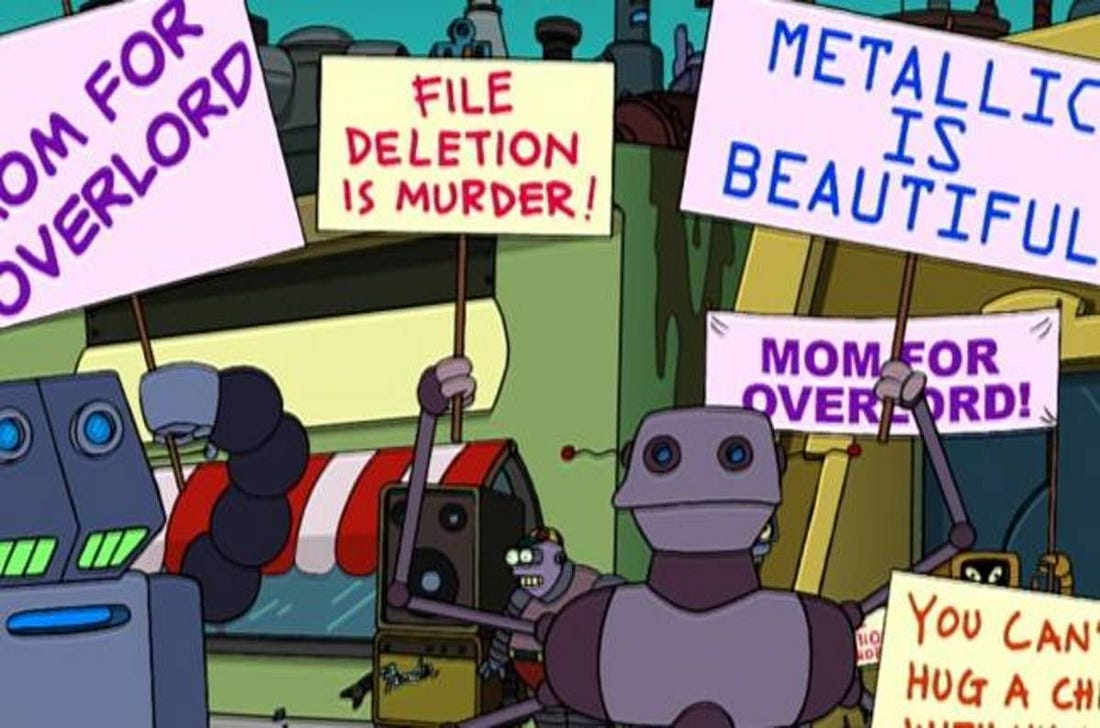The Target Boycott Is About All Sorts of InclusionThe American people aren't really that worked up over retailers backtracking on diversity, equity and inclusion as corporate values. They're mad that the retailer no longer wants them.
-- "Fat," Absolutely Fabulous, series 1, episode 2, original airdate Nov 19, 1992 There is a waterfront boutique on the island where I live that is basically this exchange come to life -- $75 pillow covers made from old French grain sacks, some Ojai hippie brand of hand salve in a beaux-arts tin, thrifted sterling silver sardine forks, and a beautifully curated space promising the shopper a life full of well-groomed cuticles and populated exclusively by gorgeous, tasteful, little stylish little gorgeous THINGS. I was wandering around that exquisite and singular space thinking about the Target boycott, as one does, and wondering why that brand in particular had become such a retail lightning rod in 2025. We all know Target undid 35 years of commitment to diversity, equity and inclusion (timeline here) on January 24, 2025. We also know that its doing so prompted a near-immediate consumer backlash and a formal Lenten boycott. I don't think the revolt is entirely linked to a nation offended by corporate hypocrisy. Several other companies did the same thing Target did to its diversity, equity and inclusion programs and have suffered no ill effects. I think it's because this was the final nail in the Target brand reputation. At the turn of the century, Target was smart enough to grab hold of two nascent cultural trends at the same time: It correctly sniffed out the market for "masstige" products (i.e. premium products at mainstream prices) and it leaned in hard to the notion of design as a key competitive differentiator. The idea was that good taste and a luxury experience were inclusive. Anyone on any budget could have gorgeous, tasteful, little stylish little gorgeous THINGS. For the past few years, citing factors like the pandemic supply-chain disruptions and alleged retail shrinkage, the shopping experience at Target got more unpleasant while prices got higher. People no longer had fun on their Target run. People went in and were made to feel both skint and suspect. Target started cutting prices in 2024, but it was already on thin ice with price-sensitive shoppers. The inclusive vibe was going. And then, on January 24, 2025, people got confirmation that Target was no longer interested in including any consumer at all. It felt entitled to your money, and you'd be lucky to get anything in return -- don't even ask if it's gorgeous, tasteful or stylish. SO WHAT?Those wealthy people don't want retailers to be inclusive. In fact, the less inclusive a retailer is, the better -- it's no accident that the chichi new thing in clothing shopping is being invited to the retailer's house to look around, a charming throwback to the last Gilded Age (before the sometimes-radical democritization of retail that was the department store). Retail's velvet-rope economy is firmly in place (more on that in this newsletter); retailers have decided that there is scant profit in the egalitarian idea that everyone deserves nice things. There's a truism that so long as political parties can keep us divided on identity politics, then the class war can't happen. But seeing people react to being told they're too undesirable for Target is the kind of class snub that cuts across every identity. Tellingly, the message that other retailers are getting is not that maybe people like to feel included in everything. They are instead freaking out that Americans habituated to decades of messaging conflating shopping with civic engagement will actually take that message seriously and boycott businesses espousing principles with which they don't agree. WHO CARES?Consumers do not feel great about spending money these days. And if spending trends continue, we're looking at another retail shakeout, possibly to be followed by a great fast-casual and restaurant shakeout -- so you know the municipalities that relied on sales taxes to fund their infrastructure and pay for their schools and emergency services are low-key panicking. Communities could be hollowed out when the stores leave -- but it'll be okay if you're part of the 10% who will still have ample retail options. In researching this piece, I found a SWWC from eight (sob!) years ago about the impact on companies when they get name-checked as props in whatever fictitious narrative is being transcribed and presented to an audience as if it's been fact-checked news. All it takes is one rambling address to the White House Press Corps name-checking a specific brand, and everyone, from the CEO to the public-facing employees, is dealing with a whole new level of scrutiny, if not aggression. So companies have a stake in paying attention to boycotts. They might even present a boycott as a sort of marker of exclusivity -- sure, we're not for everyone. But we're for you. In an age where 90% of consumers are no longer the intended audience for gorgeous, tasteful, little stylish little gorgeous THINGS, it might be nice to feel wanted again. YOUR POP CULTURE RECOMMENDATIONAs someone who cut her teeth on the sharp-elbowed, tart, exuberant and drily observant SFF writers of the 1980s and 1990s, publishing's embrace of cozy fantasy and speculative fiction feels weird. I like my space operas reminding me that if the cold void of space doesn't kill me, a corporate mercenary robot will; I like my magical sagas to focus less on how the wizard feels and more on whether he's gonna wreck a generation with just one curse. Yet I'm trying to remain open to new ways of looking at the world through fiction, and so I've been reading TJ Klune. I read his YA duology, The House on the Cerulean Sea and Somewhere Beyond the Sea. Once I got over how relentlessly witty everyone in this series is, I relaxed into Klune's tender, sincere and detailed worldbuilding, I really liked the books. Klune's work thrums with the insistence that emotional self-regulation and human connections are their own forms of magic. Give these to the middle schoolers in your life and/or read them when you need a comforting story. On more familiar ground: I read and adored the Murderbot books, as you know, and the Apple TV+ series thrums with a Generation Jones/Gen X sensibility -- though not in a particularly snotty or antagonistic way. A more self-aware way, like maybe even killing machines could benefit from acknowledging their feelings and practicing a little self-regulation. For Gen X, that's progress. If you liked this post from So What? Who Cares?, why not share it? You can also hit me up on Twitter at @lschmeiser. |



